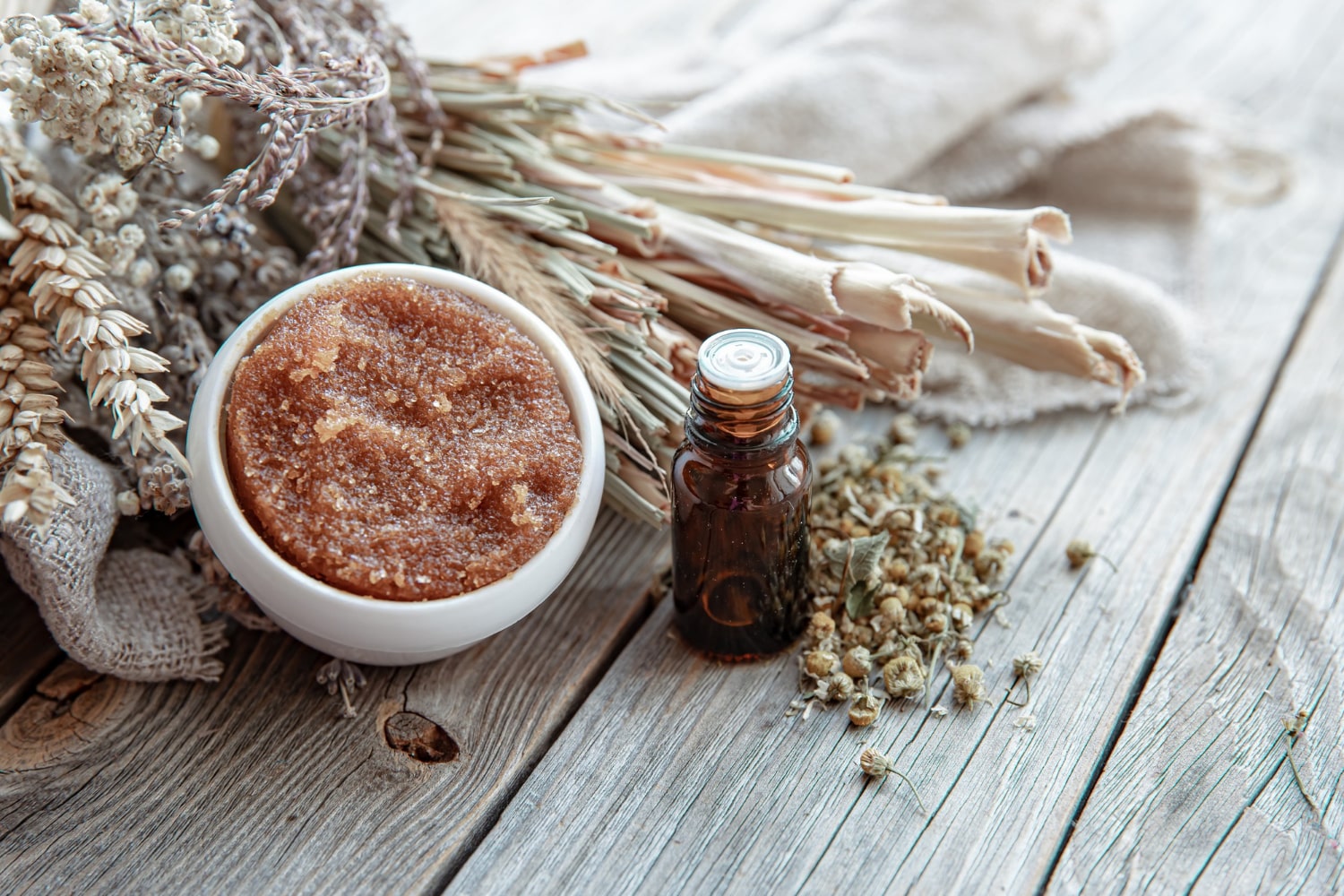Effective bladder relaxation support is your ticket to a more comfortable, liberated life. Imagine not feeling that constant urgency or discomfort. It’s possible! Understanding how to support your bladder can change your daily experience. In this article, we’ll dive deep into practical tips and insights that can transform the way you manage bladder health.
Contents
What Is Bladder Relaxation Support?
Bladder relaxation support refers to strategies and practices designed to help your bladder function optimally. Your bladder is a resilient organ, but it needs your help to stay relaxed and healthy. Stress, diet, and lifestyle choices can contribute to bladder discomfort. When you learn how to support your bladder, you empower yourself to reclaim control over your body and your life.
Why Is It Important?
Maintaining bladder health isn’t just about physical comfort; it’s about emotional well-being too. The truth is, bladder issues can affect your confidence, social life, and overall happiness. By focusing on effective bladder relaxation support, you can alleviate discomfort and improve your quality of life.
Let’s explore the seven secrets that can help you provide the best support for your bladder.
1. Understand Your Triggers
Knowledge is power. Identifying what triggers your bladder discomfort is the first step to effective management. Common triggers include:
- Caffeine: Found in coffee, tea, and sodas, caffeine can irritate the bladder.
- Alcohol: This can increase urgency and frequency.
- Spicy Foods: While delicious, they can be problematic for some.
- Artificial Sweeteners: These can lead to bladder irritation in sensitive individuals.
Keep a bladder diary for a week. Record what you eat and drink, along with any symptoms you experience. This can help you pinpoint your unique triggers.
2. Hydrate Wisely
You might think drinking less will help, but that’s not the case. Hydration is essential! Aim for at least eight glasses of water a day. However, timing matters:
- Spread it Out: Don’t drink large amounts all at once. Instead, sip throughout the day.
- Monitor Fluid Intake: Be mindful of when you consume bladder irritants. If you know you have an event later, reduce your intake of potential irritants beforehand.
3. Relaxation Techniques
Stress can wreak havoc on your bladder. Incorporate relaxation techniques into your daily routine. Here are some techniques to try:
- Deep Breathing: Inhale deeply through your nose, hold for a moment, and exhale slowly through your mouth. Repeat several times.
- Meditation: Spend a few minutes each day meditating. Apps like Headspace or Calm can guide you.
- Yoga: Gentle yoga poses can relieve tension and promote relaxation. Poses like Child’s Pose or Legs-Up-The-Wall can be particularly soothing.
4. Pelvic Floor Exercises
Strengthening your pelvic floor can significantly improve bladder health. Kegel exercises are a simple and effective way to strengthen these muscles. Here’s how to do them:
- Identify the right muscles: Stop urination midstream; the muscles you use are your pelvic floor muscles.
- Contract: Tighten these muscles for 5 seconds.
- Release: Relax for 5 seconds.
- Repeat: Aim for 10–15 repetitions, three times a day.
Strengthening your pelvic floor can lead to better bladder control and relaxation.
5. Mind Your Posture
Believe it or not, your posture can impact your bladder health. Good posture supports your pelvic organs and can reduce discomfort. Here are tips to improve your posture:
- Sit Up Straight: Ensure your back is straight, shoulders back, and feet flat on the ground when sitting.
- Stand Tall: Keep your head high and shoulders relaxed. Engage your core.
- Use Supportive Furniture: Ergonomic chairs can help maintain good posture.
6. Balanced Diet
What you eat plays a major role in bladder health. A balanced diet rich in fruits, vegetables, and whole grains can support your bladder. Here are some dietary tips:
- Increase Fiber: This helps prevent constipation, which can put pressure on your bladder.
- Choose Bladder-Friendly Foods: Foods like bananas, pears, and leafy greens are generally safe.
- Limit Acidic Foods: Tomatoes and citrus fruits can irritate the bladder for some people.
7. Consult a Specialist
Sometimes, the best way to support your bladder is to seek professional help. A urologist or pelvic floor specialist can provide tailored advice and strategies. They can help you navigate any underlying issues that may need addressing, including:
- Overactive Bladder
- Urinary Incontinence
- Chronic Pelvic Pain
Don’t hesitate to reach out. You deserve expert support.
Bottom Line
Effective bladder relaxation support can make a world of difference in your life. By understanding your triggers, hydrating wisely, practicing relaxation techniques, and adopting a healthy lifestyle, you can take charge of your bladder health. Remember, every small change adds up. Embrace these secrets and unlock a more comfortable, confident you.
FAQs
1. How long does it take to see results from Kegel exercises?
Most people notice improvements within a few weeks of consistent practice.
2. Can stress really affect my bladder?
Absolutely! Stress can lead to increased urgency and discomfort.
3. Should I avoid all caffeine?
Not necessarily. If you enjoy caffeine, try to limit it and observe how your bladder responds.
Take the first step today. Your bladder—and your overall well-being—will thank you!
Get Your FREE Natural Health Guide!
Subscribe now and receive our exclusive ebook packed with natural health tips, practical wellness advice, and easy lifestyle changes, delivered straight to your inbox.






